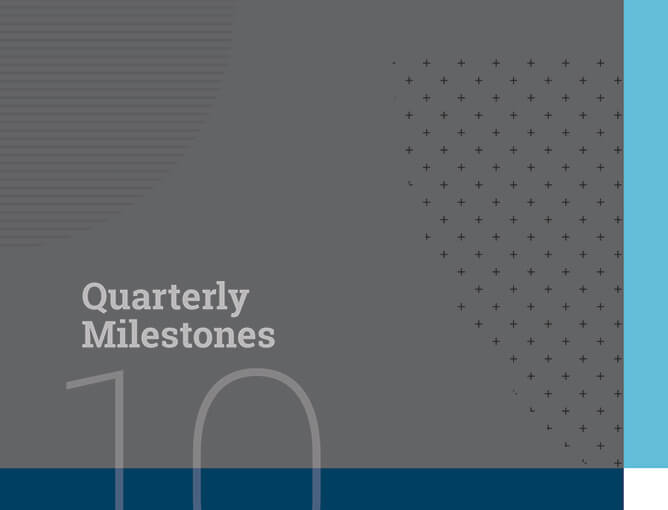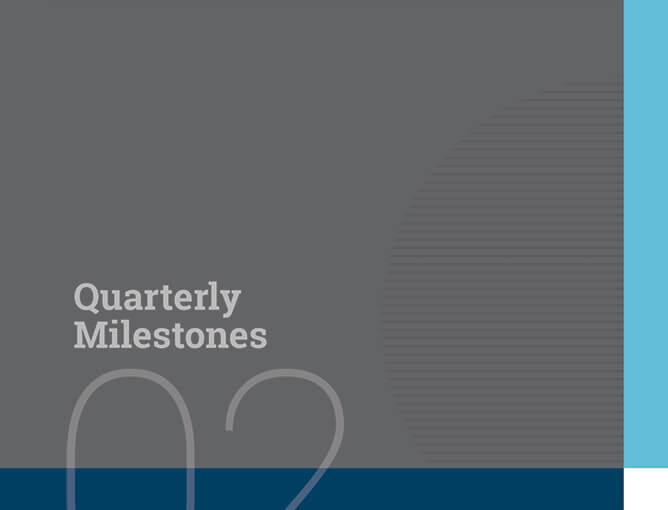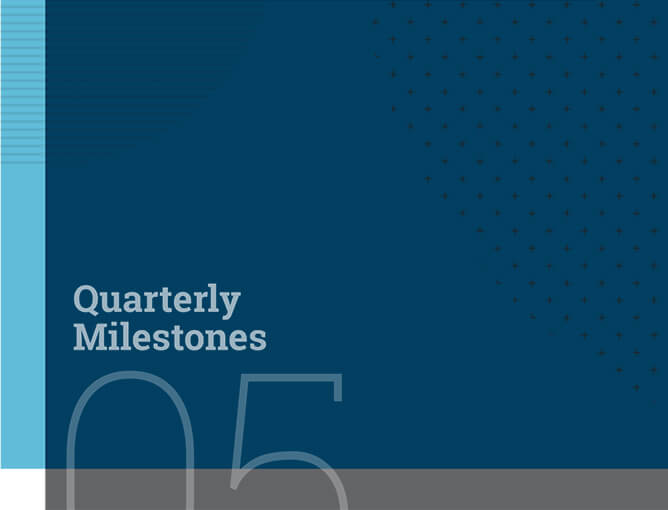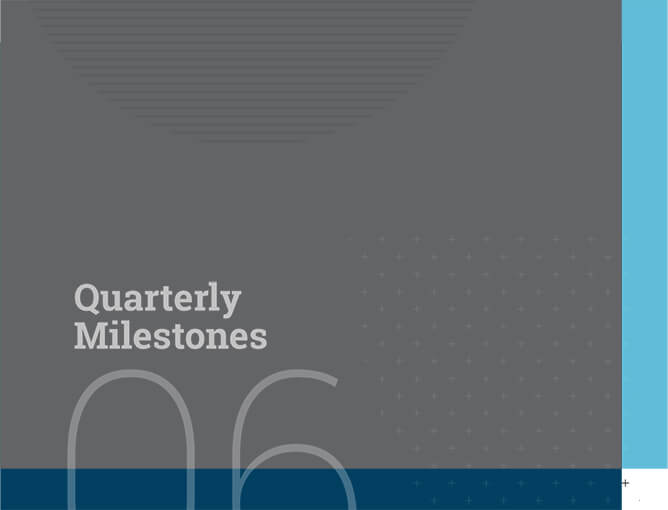
Himanshu SinhaPartner

Aditi GoyalCounsel

Bhuwan DhooparCounsel
Key Developments
-
Finance Act, 2023 enacted - over 60 amendments made to original draft
The Finance Bill, 2023 (Bill) was proposed on 1 February 2023, and received the President’s assent on 31 March 2023. To see our budget updates, please refer to the links below:
- Proposal to deem nil cost of acquisition and improvement for intangible assets
- Angel tax on share consideration received from non-resident investors
- Proposed amendments to the TDS framework
- Penal provisions introduced for e-commerce operators
- Restriction on input tax credit on corporate social responsibility expenses
Interestingly, over 60 amendments were made to the Bill when it was tabled before the lower house of the Parliament. These amendments were accepted by both houses of the Parliament and have been formally codified with the enactment of the Finance Act, 2023 (FA 2023). Some of the key amendments proposed before the Lok Sabha (such as the increased tax rate for royalty and fees for technical services earned by non-residents, and change in taxation of debt mutual funds) were unexpected and likely to have a far-reaching impact. We discuss these amendments in detail below.
-
Increased tax rate for royalty and fees for technical services income earned by non-residents likely to result in significant compliance burden
In a move likely to have a significant impact on non-resident entities that provide technology and technical services to Indian entities, the government increased the tax rate under the (Indian) Income Tax Act, 1961 (ITA) to 20% (plus applicable surcharge and cess) for royalty and fees for technical services (FTS) income earned by a non-resident from India.
Until recently, FTS and royalty income of non-residents were taxed at 10% under the ITA. The maximum effective tax rate for these income streams amounted to 10.92% under the ITA (10% plus maximum applicable surcharge of 5% and cess of 4%).
This increase will result in more non-resident entities resorting to tax treaties to avail of beneficial tax rates for royalty/FTS income. Most of India’s tax treaties provide for a tax rate of 10% or 15% for these income streams. Prior to this amendment, most non-resident taxpayers (including those from jurisdictions with tax treaties providing a 10% tax rate) opted to be governed by the provisions of the ITA. Correspondingly, payors in India withheld tax at the rate of 10.92% on payments of royalty and FTS made to non-residents.
Opting to be governed by the ITA reduced the compliance burden for non-resident taxpayers on a couple of counts. Firstly, to avail of tax treaty benefits, non-residents are required to provide a valid tax residency certificate (TRC) and a self-declaration in form 10F to the payor in India. These requirements are not applicable to non-residents opting to be taxed under the ITA. More importantly, for non-residents whose income only comprises of certain income streams (including royalty and FTS) on which tax has been deducted at the rates provided in the ITA, there is no requirement to file a tax return in India.
Therefore, while non-residents from jurisdictions with treaties providing for a 15% tax rate for royalty or FTS elected to be governed by the domestic law, because it prescribed a lower tax rate of 10.92%, non-residents from jurisdictions with tax treaties providing for a tax rate of 10% for FTS/royalty income also often took a practical call to offer such income to tax under the ITA. This was done to ease the compliance burden of not filing a tax return in India, despite the tax rate under the ITA (10.92%) being marginally higher than the tax treaty rate (10%).
However, given the amended rate of 20% (plus applicable surcharge and cess) under the ITA, non-residents will have to opt for the beneficial rates under the applicable tax treaty. As a result, they will have to file an income tax return in India. Further, to avail of treaty benefits, the TRC and form 10F will have to be furnished. As per recent amendments, form 10F must be filed online, by the non-resident taxpayer, and the form must be verified electronically. Therefore, the increase in the tax rate for royalty and FTS under the ITA will significantly increase the compliance burden for non-residents and also heighten the risk of tax scrutiny in India.
-
Debt mutual funds to be taxed as short-term capital gains irrespective of holding period
In a significant development for the mutual funds industry and the investor community, gains arising from the transfer, redemption or maturity of debt mutual funds will be taxed as short-term capital gains, irrespective of the period of holding. This is likely to have a ripple effect on the debt market since the returns from such funds will become less lucrative.
The Bill as tabled in the Budget session on 1 February 2023 introduced a new Section 50AA with effect from 1 April 2023, that provided for taxability of gains arising from the transfer, redemption or maturity of market-linked debentures (MLD) as short-term capital gains, irrespective of the period of holding but made no mention of mutual funds. However, the Bill tabled before the lower house provided for an expanded scope of Section 50AA. The provision now also covers units of specified mutual funds. A specified mutual fund is defined as a mutual fund where not more than 35% of the total proceeds are invested in equity shares of domestic companies (i.e., essentially debt mutual funds).
Therefore, any gains arising on the transfer, redemption or maturity of units of debt mutual funds will be deemed to be short-term capital gains in the hands of the investor. As a result, such gains will be taxed at the regular tax rates applicable to taxpayers, irrespective of the period of holding. Thus far, units of debt mutual funds held for more than three years were considered as long-term capital gains and were taxed at the rate of 20% (plus applicable surcharge and cess). These gains were also eligible for indexation benefit (indexation takes into account the consumer inflation during the period of holding and raises the purchase price of the asset, which brings down the tax amount).
This amendment will impact investments made on or after 1 April 2023, and is expected to bring debt mutual funds at par with other instruments such as bank deposits, insurance products, etc., from a taxability perspective. With this amendment, returns from debt mutual funds will be adversely impacted and investments may consequently be diverted to stocks and equity. On the positive side, this move may provide greater impetus to the bond market since bonds/debentures (apart from MLDs) continue to be covered under the earlier tax regime.












